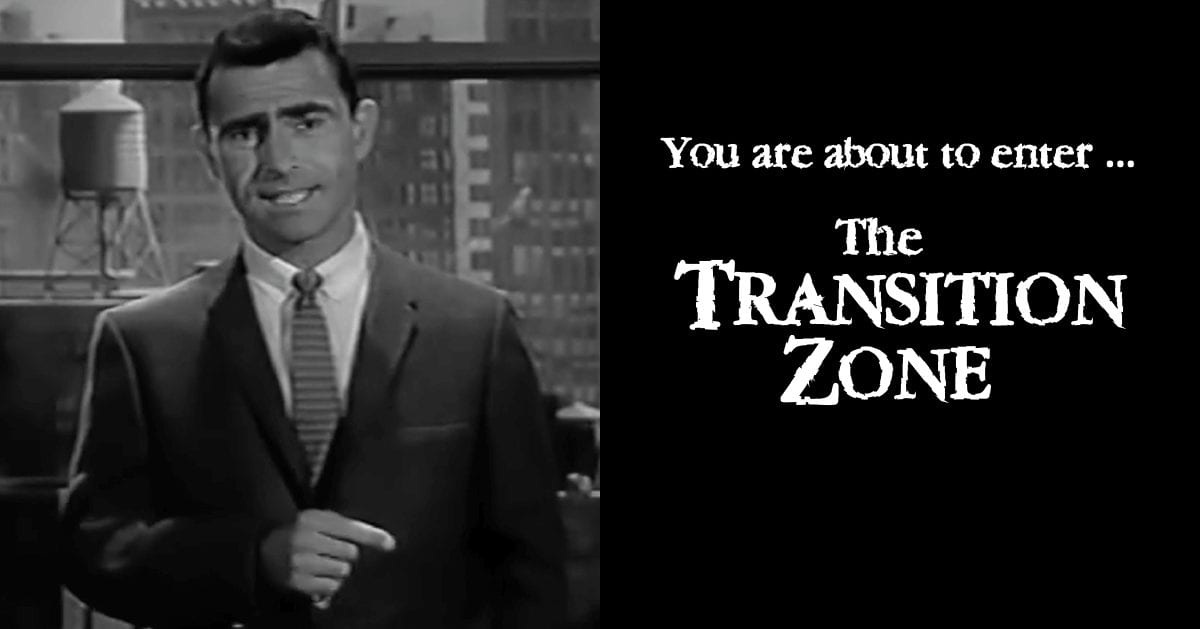
It looks like CodeNEXT was just a warm-up. The real estate developers who supported last year’s failed plan are back, and this time they’re fighting for even more than they wanted before.
Last week, the Austin City Council sent City Manager Spencer Cronk a set of guidelines to use in his revision of our community’s land development code. When it comes to reshaping Austin neighborhoods, those guidelines go far beyond anything imagined during the CodeNEXT process. They could lead to the demolition and replacement of tens of thousands of our community’s homes and small businesses. They could raise our already-astronomical property taxes. And they could touch nearly every neighborhood in the city.
Community Not Commodity has been inundated with questions about the plan. Here are a few of the most common, along with answers:
What are city officials hoping to do?
Local land developers and their allies in City Hall have a simple goal: They want to replace tens of thousands of Austin homes with newer, larger, more expensive multifamily buildings. To encourage that process, city officials have proposed the creation of what they call “transition” zones in neighborhoods across Austin. Inside those transition zones, the land underneath existing homes will be forcibly rezoned to accommodate tall, multiunit complexes, four-packs of freestanding rental units, and in some cases commercial businesses. If a home within a transition zone is torn down, its replacement must conform to the zoning change—and no development with fewer than four individual residential units may be built in its place.
The city plans to create transition zones in the following:
- Neighborhoods adjoining all roadways designated as “corridors” by the 2012 plan Imagine Austin
- Neighborhoods adjoining all areas designated as “activity centers” by Imagine Austin
- Neighborhoods along any CapMetro route where buses run at intervals of 15 minutes or less
How deeply will the transition zones eat into Austin’s neighborhoods?
If you live near one of the above corridors, activity centers, or bus routes, then you can expect the transition zone to extend up to five residential lots into your neighborhood. In some cases it may go farther. Neighborhoods hemmed in by multiple corridors or centers will face redevelopment from multiple sides.
Why are homes in the city’s transition zones at risk for demolition and redevelopment?
When the city rezones the land underneath these homes to accommodate multifamily and commercial structures, their owners’ property assessments and taxes will rise sharply. That will pressure landlords to raise rents, displacing current residents. Owners who can’t afford the higher taxes will be forced to sell, creating a strong incentive for speculators to buy, demolish, and redevelop the properties. Homes and businesses in the vicinity of transition zones will domino, triggering a wave of displacement across North, Central, West, and South Austin, and worsening the gentrification and displacement crises that the residents of East Austin are already suffering.
Will redevelopment be limited to the transition zones?
No. The city council wants to give City Hall’s staff the power to rezone other areas for high-density developments at their own discretion.
Will the city’s plan improve affordability in Austin?
No. A recent study found that zoning for high-density housing “is far from the progressive policy tool it has been sold to be” and “mainly leads to building high-end housing in desirable locations.” Another showed that it leads to higher prices instead of lower ones. Austinites have seen that dynamic play out on the East Side, where generations of families have been displaced by luxury units.
How do I protect myself, my property, and my family?
Contact Mayor Steve Adler and your city council member, and ask them to explain why they are doing this to you, your family, and your neighbors. (Check this map if you aren’t sure which council member represents you.) Then forward this post to your friends, neighbors, and neighborhood listserv. Finally, follow us here and on Facebook for the latest news. This fight is far from over.
Together we can build an Austin for everyone!
Mayor Steve Adler:
steve.adler@austintexas.gov | 512-978-2100
Natasha Harper-Madison (District 1):
natasha.madison@austintexas.gov | 512-978-2101
Delia Garza (District 2):
delia.garza@austintexas.gov | 512-978-2102
Sabino Renteria (District 3):
sabino.renteria@austintexas.gov | 512-978-2103
Greg Casar (District 4):
gregorio.casar@austintexas.gov | 512-978-2104
Ann Kitchen (District 5):
ann.kitchen@austintexas.gov | 512-978-2105
Jimmy Flannigan (District 6):
jimmy.flannigan@austintexas.gov | 512-978-2106
Leslie Pool (District 7):
leslie.pool@austintexas.gov | 512-978-2107
Paige Ellis (District 8):
paige.ellis@austintexas.gov | 512-978-2108
Kathie Tovo (District 9):
kathie.tovo@austintexas.gov | 512-978-2109
Alison Alter (District 10):
alison.alter@austintexas.gov | 512-978-2110